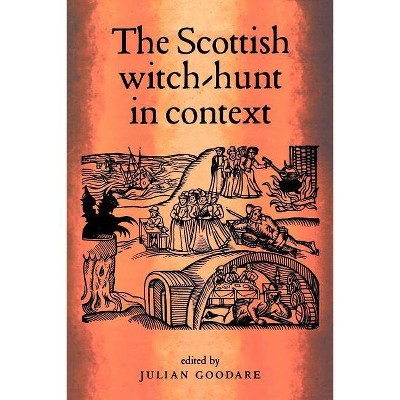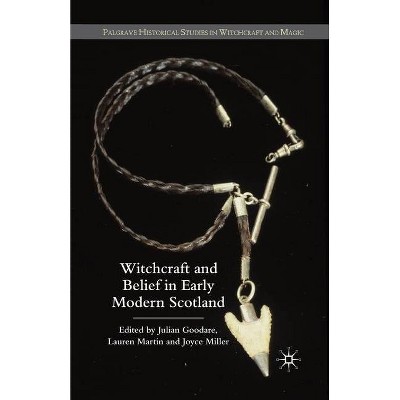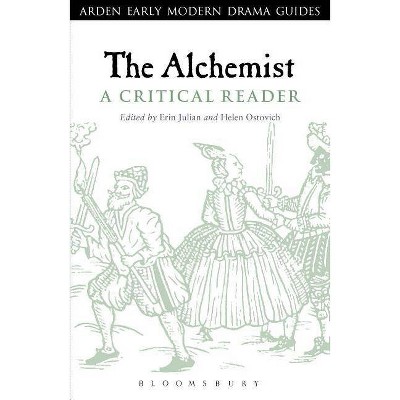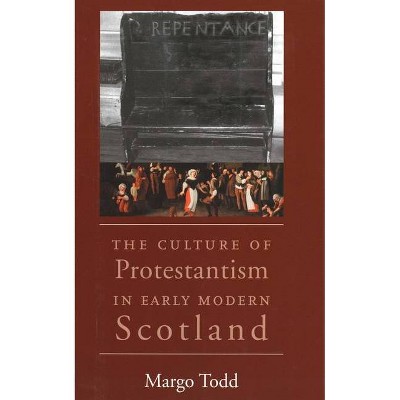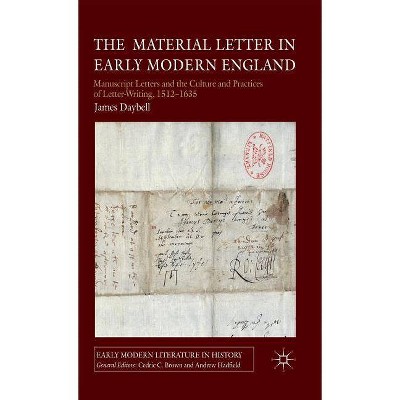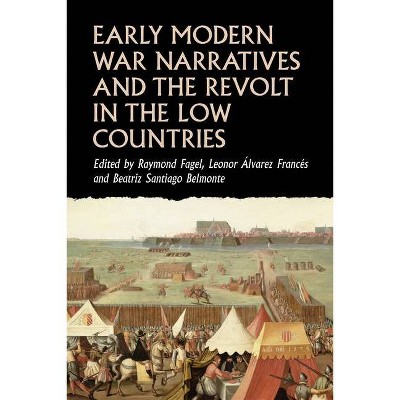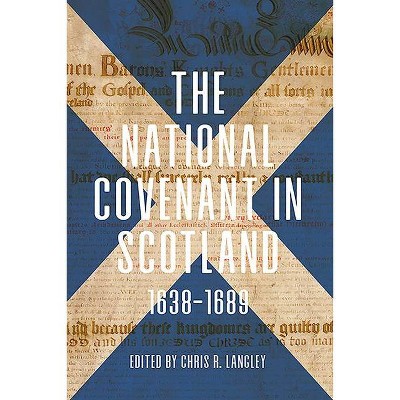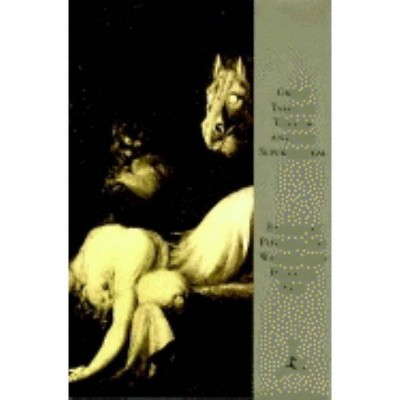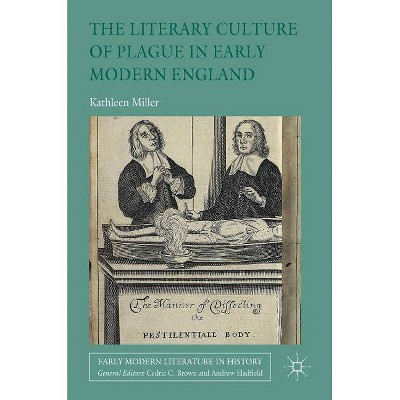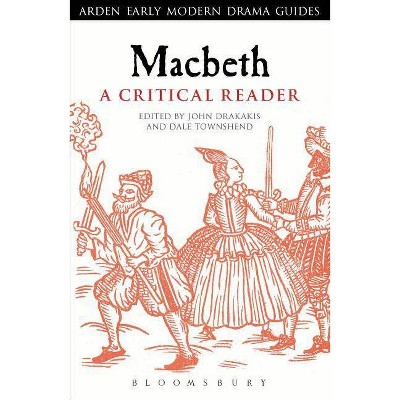The Supernatural in Early Modern Scotland - by Julian Goodare & Martha McGill (Hardcover)
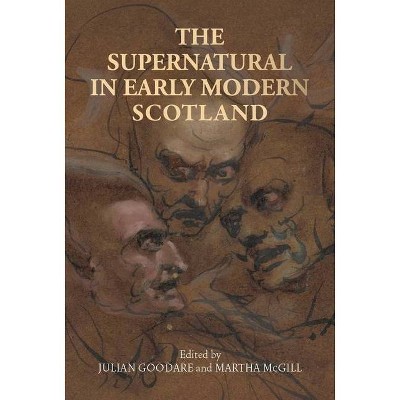
Similar Products
Products of same category from the store
AllProduct info
<p/><br></br><p><b> About the Book </b></p></br></br>This book is a collection of chapters on supernatural belief and practice in Scotland between 1500 and 1800. It deals with elite culture - from political prophecy to astrology, theology and poetic visions. And it deals with popular culture - from trances and visionary encounters with ghosts and fairies, to folkloric angels and Second Sight.<p/><br></br><p><b> Book Synopsis </b></p></br></br>This book is about other worlds and the supernatural beings, from angels to fairies, that inhabited them. It is about divination, prophecy, visions and trances. And it is about the cultural, religious, political and social uses to which people in Scotland put these supernatural themes between 1500 and 1800. The supernatural consistently provided Scots with a way of understanding topics such as the natural environment, physical and emotional wellbeing, political events and visions of past and future. In exploring the early modern supernatural, the book has much to reveal about how men and women in this period thought about, debated and experienced the world around them. Comprising twelve chapters by an international range of scholars, <i>The supernatural in early modern Scotland </i>discusses both popular and elite understandings of the supernatural.<p/><br></br><p><b> From the Back Cover </b></p></br></br>This book is about other worlds and the beings that inhabited them. It is about divination, prophecy, visions and trances. And it is about the cultural, religious, political and social uses to which people in Scotland put these supernatural themes between about 1500 and 1800. Consisting of twelve chapters by an international group of scholars with expertise in history, ethnology and literary studies, the collection explores a range of supernatural topics. Some chapters, like that on trances, open up areas that have received little scholarly attention; others, notably that on Second Sight in the Highlands, offer reinterpretations that challenge existing orthodoxy. The contributors draw on evidence ranging from poetry to sermons, from witchcraft trial records to scholarly treatises on astrology or ancient paganism. Both popular and elite understandings of the supernatural are discussed, and the editors contribute a full-length introductory chapter that surveys the field and unpacks difficult concepts like 'belief', 'superstition' and indeed the 'supernatural' itself. The supernatural provided Scots with a way of understanding topics such as the natural environment, physical and emotional wellbeing, political events and visions of the past and future. In exploring the early modern supernatural, this book has much to reveal about how men and women in this period considered, debated and experienced the world around them.<p/><br></br><p><b> About the Author </b></p></br></br>Julian Goodare is Professor of History at the University of Edinburgh Martha McGill is a British Academy Postdoctoral Fellow at the University of Warwick
Price History
Price Archive shows prices from various stores, lets you see history and find the cheapest. There is no actual sale on the website. For all support, inquiry and suggestion messages communication@pricearchive.us
